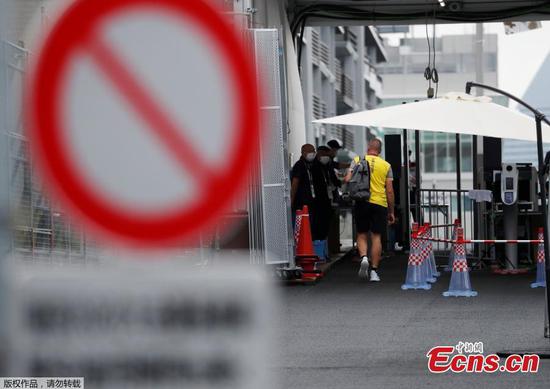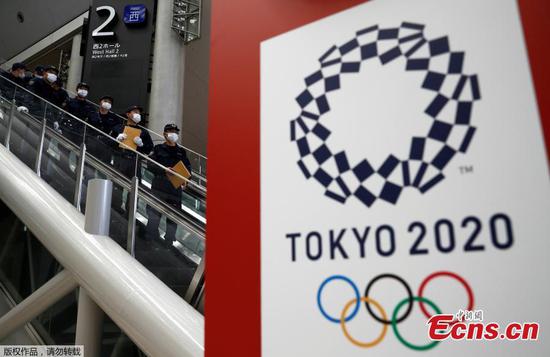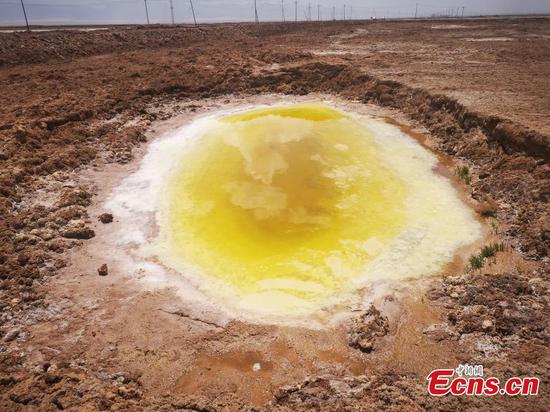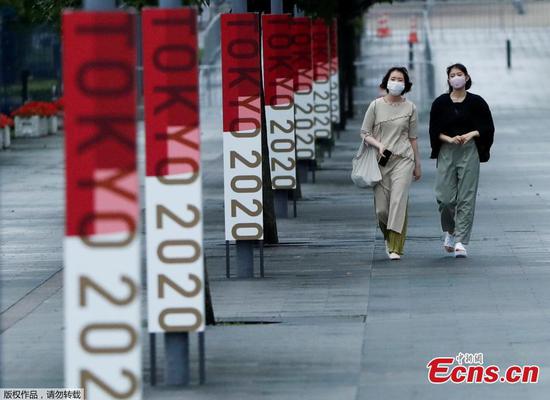Government agencies are now allowed to quickly and more harshly punish those who violate emergency response measures, according to a law that came into effect on Thursday.
The revised Administrative Penalty Law, which was passed by the Standing Committee of the National People's Congress, China's top legislature, in January, stipulates administrative organs can give heavier punishments to people who damage others' property or rights to life and health in emergencies such as natural disasters, public health events and safety incidents.
The revised law also simplifies working procedures like case filing and approvals so that punishments can be handed down sooner.
"The quicker and heavier penalties, as a new part of the law, aim to control, reduce and eliminate hazards caused by emergencies as well as to ensure a stable social order and safeguard the public interest," Zhang Xiaoying, a legislator from the NPC Standing Committee's legislative affairs commission, said when introducing the law in a group interview last week.
"The content was written into the law because a number of people were found price-gouging face masks, hoarding hard-to-get supplies and selling fake pandemic prevention products in the country's fight against COVID-19," she said, adding that such behavior not only seriously harmed people's legitimate rights, but also disturbed market order.
The amended law also clarifies that in the use of road cameras for enforcement, administrative departments must notify violators in a timely manner and take advantage of technologies to provide violators with channels of inquiry, statement and defense.
It requires administrations to conduct technical reviews to ensure the quality and accuracy of electronic monitoring equipment, stating that where the equipment is set up needs to be marked clearly for the public.
"Irregularities in enforcement, which the public have frequently complained about, will be alleviated in this way," Zhang said.
To reach the goal, she asked administrative organs to specify what facts they can record in accordance with laws and to upgrade or replace electronic monitoring equipment that cannot meet standards.
Zhang Guilong, an official with the legislative affairs commission, said the revised law further regulates administrative behaviors and procedures to prevent government agencies from abusing power in enforcement, such as through arbitrary fines and unjustified penalties.
"The revisions implement the central leadership's major reforms and promote the modernization of the nation's governance system and capability," he said, adding the amended law will help build law-based governance and solve new problems in enforcement.

















































